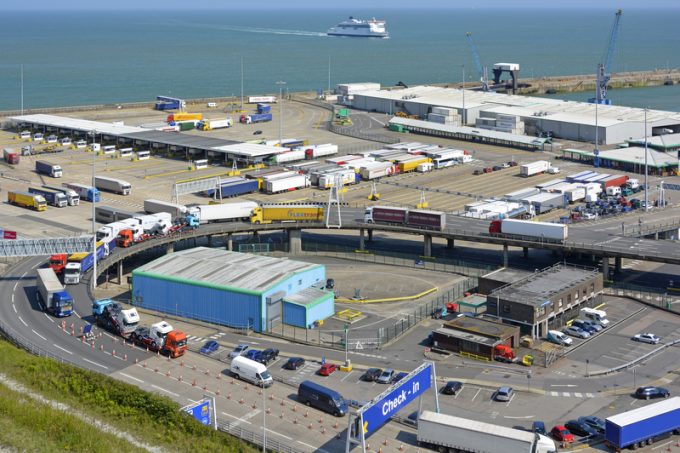Gemini to reintroduce direct Asia-Europe calls at Aarhus and Gothenburg
The first cracks in the Gemini partners’ philosophy of limiting direct calls on their Asia-Europe ...

The freight industry has disputed government claims that the UK has avoided the post-Brexit “worst case scenario” of supply chain breakdown and long queues to the port of Dover.
Reports emerged over the weekend that government believed the country had mitigated threats of major border chaos around ports, including Dover, with a Cabinet spokesperson suggesting latest data shows ...

Comment on this article